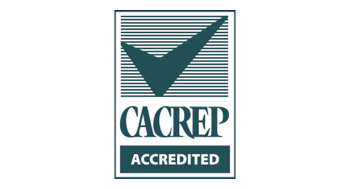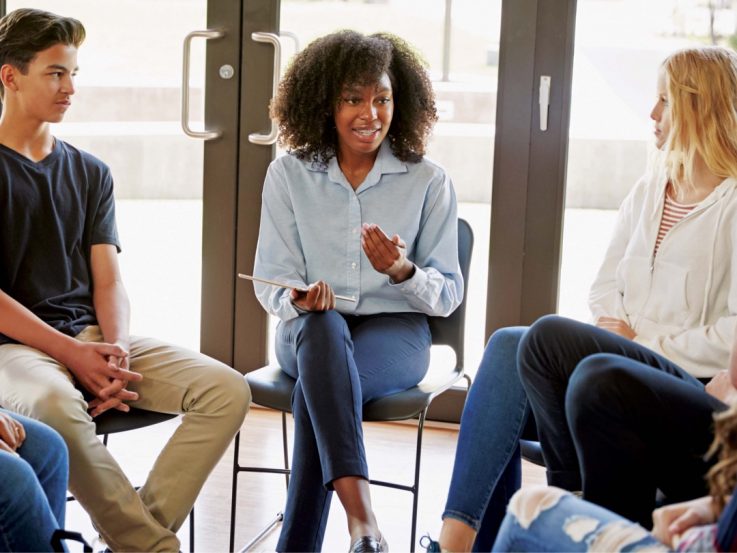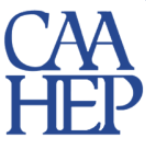Our CACREP-accredited counseling program prepares students to become professional counselors who offer ethical, culturally responsive, wellness oriented, trauma informed, and evidence based preventive and therapeutic mental health services to diverse individuals, couples, and families in a variety of settings.
SNHU Transfer Student Information
SNHU Transfer Credit Crosswalk
Apply Now
Requirements
Graduation and licensure requirements vary according with the specialty. Find this information here:
- Clinical Mental Health Counseling
- Co-Occuring Disorders and Addiction Counseling
- Marriage, Couple, and Family Counseling
Our program meets the educational requirements for the licensed professional clinical counselor (LPCC) credential in MN. We will help you determine if we meet the licensure requirements in your state. You can also learn more here: Contact the state licensure board here.
Program Outcomes
Program objectives and program evaluation information, including the number of graduates for the past academic year, pass rates on credentialing examinations, completion rates, and job placement rates can be found below:
| Counseling Program – 2023-24 Academic Year Statistics | CMHC | CODAC | MCFC |
|---|---|---|---|
| 2023-24 Graduates | 2023-24 Graduates | 2023-24 Graduates | |
| Number of Graduates 2023-24 | 37 | 8 | 13 |
| On-time Program Completion Rate | 94% | 100% | 92% |
| Licensure Pass Rate* | 100% | 100% | 100% |
| Employed Within the First Two Months of Graduation** | 83% | 83% | 83% |
| *For graduates who have taken the exam. 3 graduates reported not taking the exam at the time of the survey. **100% of graduates report being employed in their field of study. |
The Master of Arts in Counseling program is accredited by the Council for Accreditation of Counseling and Related Education Programs (CACREP).

Meet the Faculty
Our faculty is culturally diverse and occupy leadership positions in the profession. Meet the program faculty.
Spotlights
Learn more about our faculty, students, and alumni.
Concentration Areas
The Master of Arts in Counseling offers three areas of concentration including 1) Clinical Mental Health Counseling; 2) Marriage, Couple and Family Counseling; and 3) Co-Occurring Disorders and Addiction Counseling.








